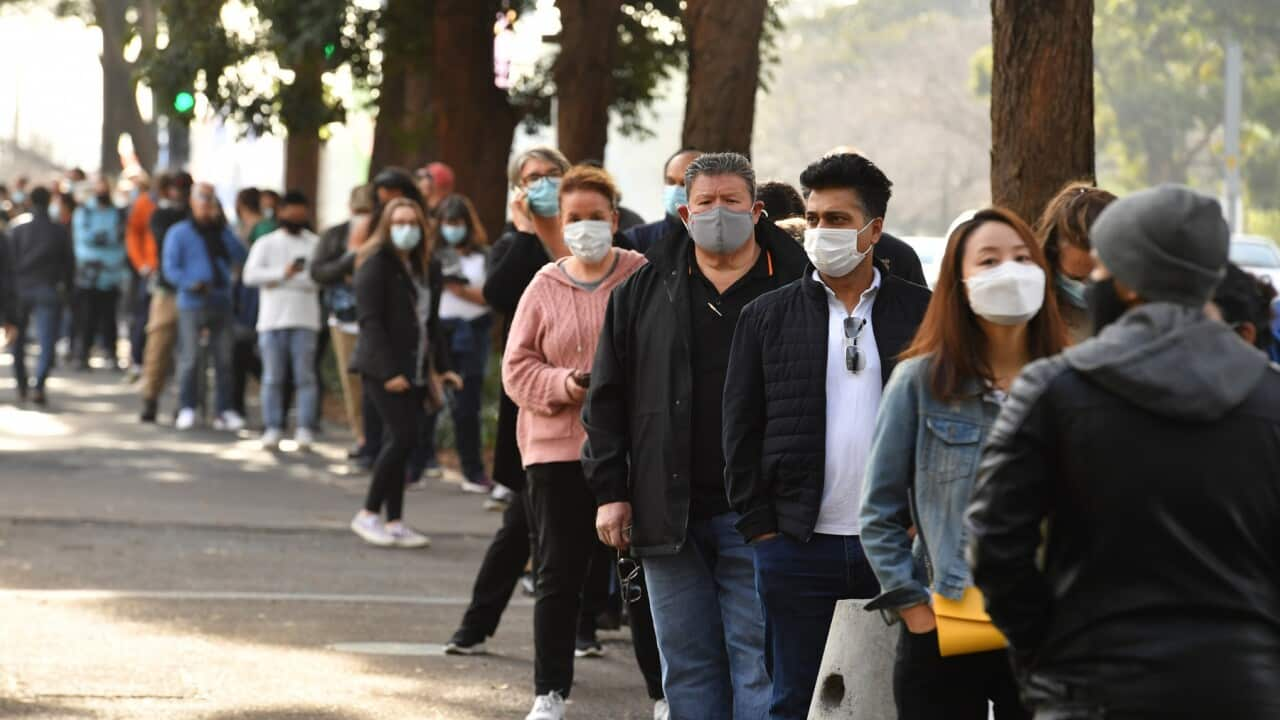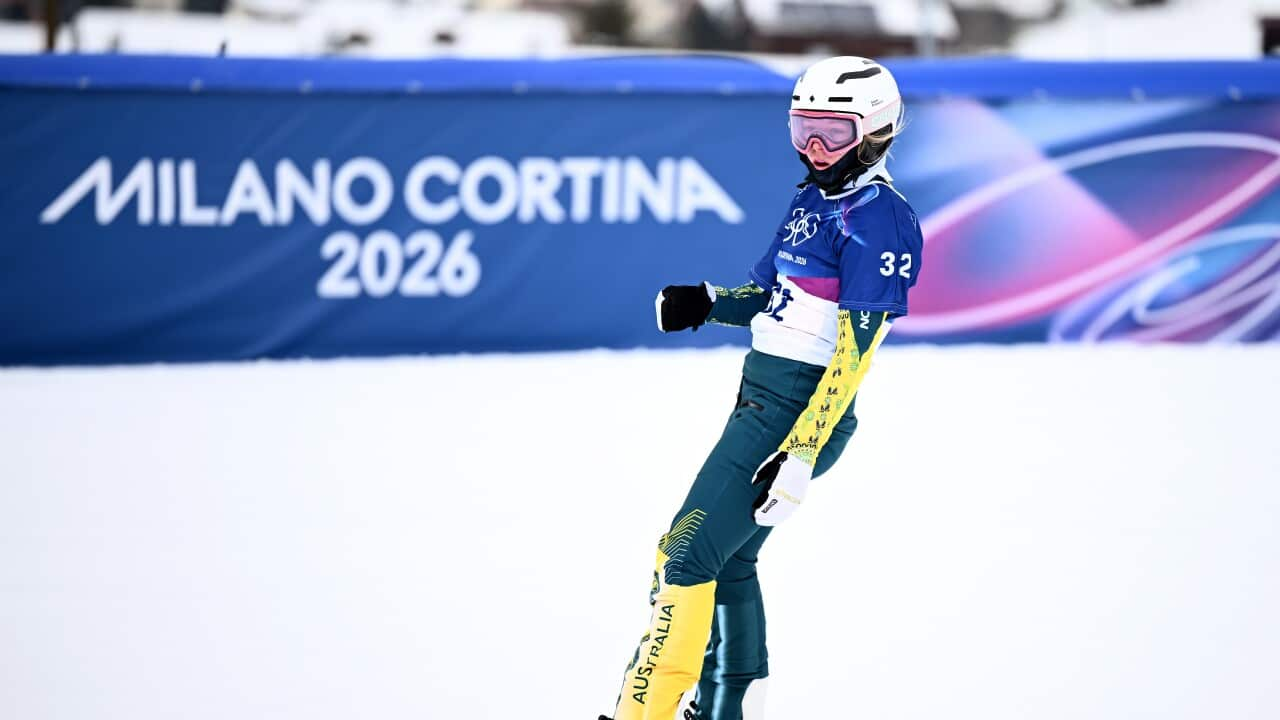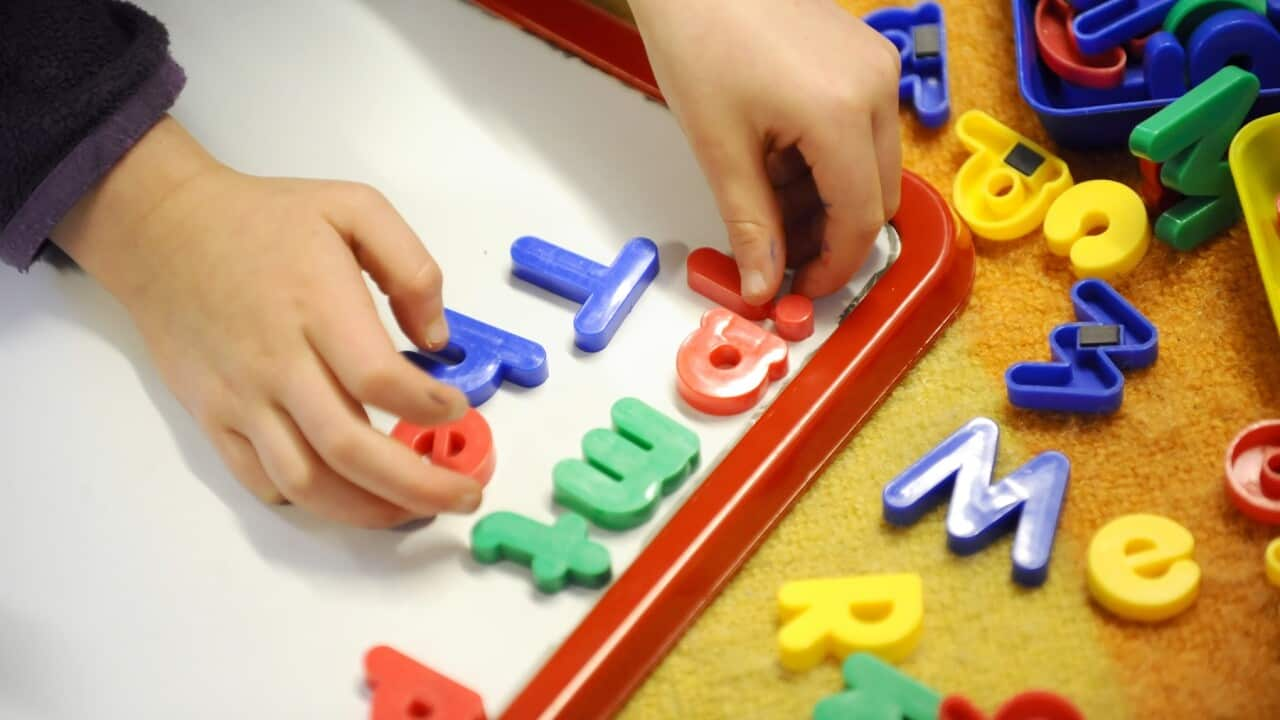Amid Australia's stuttering vaccine rollout, two communities are largely missing from those groups with access to a COVID-19 vaccine.
According to new research published by the Red Cross Red Crescent Global Migration Lab, refugees and migrants continue to face major obstacles to getting immunised.
The report's author Nicole Hoagland [[HOH-glund]] says while migrants are nominally included, policy doesn't necessarily translate into real access.
"Some of the key barriers that were reported included 90 per cent of respondents pointing to limited awareness or information on where and how to get the vaccine so this is a key barrier that's been reported from the field in terms of migrants coming forward. We've also seen in the report that there is a hesitancy due to fears of side-effects as well among migrant communities.
But as well there's barriers related to lack of required documentation - and certain groups of migrants don't necessarily have access to such documents. One of the other interesting areas that has come up has also been related to fears of arrest, detention or deportation."
Other issues include limited vaccine supply and complex registration processes.
The report is a global snapshot - a survey of Red Cross and Red Crescent societies operating in 52 countries around the globe.
According to Vicki Mau, the head of Migration Support Programs at the Australian Red Cross, the data reveals a positive shift in vaccine equity.
"As a starting point we've seen significant steps of states, including in Australia, to have a very simple accessibility policy which is around anyone regardless of visa status can access a free vaccine."
To ensure a fully inclusive COVID response, the Red Cross's Nicole Hoagland says talking directly to people is crucial.
"Of those surveyed, 87 per cent indicated that they are directly involved in information-sharing and awareness-raising activities for migrants on where and how to access vaccines. Nearly 80 per cent are supporting migrants to register or attend vaccination appointments where they're facing challenges and barriers.
And 70 per cent are directly involved in direct advocacy with governments and policy-makers on the inclusion of migrants. And another number are also working, I think it's around 60 per cent, who are working to tackle that vaccine hesitancy. We're really looking at a holistic response."
Local organisations are working with migrant communities to ensure they're not left out, by identifying and responding to gaps in the sharing of information.
The President of the Queensland African Communities Council, Beny Bol, says up to 95 per cent of the African languages spoken throughout the state don't have any official translators.
It means, he says, the majority of Queensland's African communities are NOT being catered to.
"We have to make sure every single person in the community gets the information regardless of how many people actually speak that language. As long as the people are here in Australia, they have the right to get timely, accurate and reliable information. So we ended up translating the key messages voluntarily ourselves and we collaborate with one of the local health agencies to help simplify the language so we could translate and disseminate to our grassroots community."
Mr Bol is also part of a joint initiative between the Red Cross, the state's Refugee Health Network, and the Culturally and Linguistically Diverse COVID-19 Health Engagement Project.
He says it's an important platform to share community frustrations, but also an opportunity to streamline and simplify the messages reaching refugees and migrants.
"People are so confused. First of all in terms of medical advice, there have been sort of mixed messages coming from the government and health officials here and there.
People are confused in terms of age eligibility, for example, and the risk associated with each and every vaccine, and it's made it extremely difficult for people to make up their mind as to whether they should get vaccinated or not and what would be the implications."
Mr Bol is urging the country's decision-makers to embrace the information that community leaders are sharing.
But says it's a two-way street when it comes to overcoming the pandemic.
As Australia's vaccine rollout picks up pace, health authorities are hoping members of the country's harder-to-reach migrant communities will be seen lining up at mass vaccination hubs and rolling up their sleeves.




